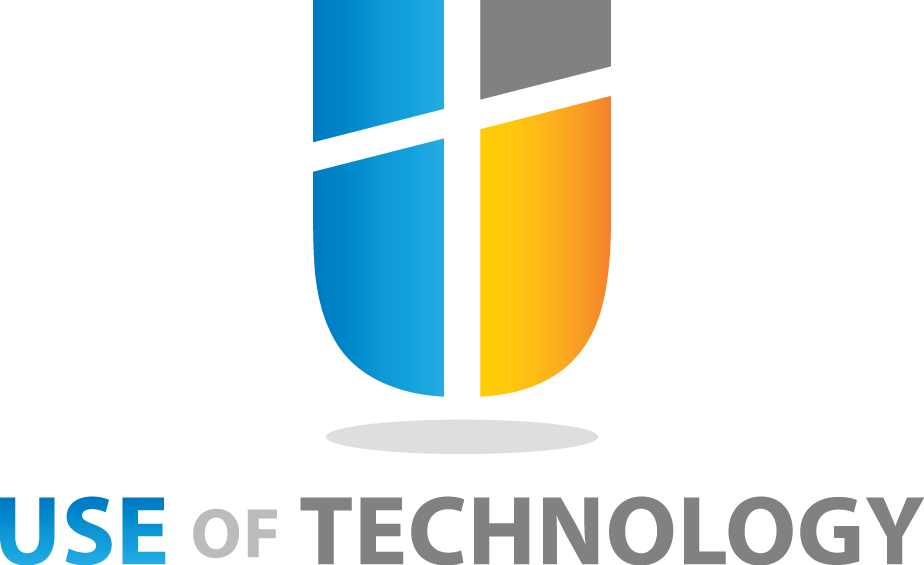The head of Tesla Inc. revealed his regret over trying to mass-automate vehicle production.
A series of acquisitions
Not too long ago, Elon Musk acquired several companies in order to design an automated system for producing and assembling cars. However, the opposite turned out to be true when the company had difficulties reaching the mark in the production of the Model 3. The car is the company’s first sedan that they planned to mass-produce, and it is to be sold for the low price of $35,000.
Last Friday, CBS broadcast an interview with the business magnate, in which Musk recognized that the large-scale automation at the factory did not come to fruition. In a tweet later on he reinforced this by saying that it was a ‘mistake,’ and that “Humans are underrated.”
The Tesla CEO stated that it was precisely the excessive use of robots that staggered the production of the Model 3. For example, the company had set up conveyor belts in a vast array, which then failed to produce the designed output. In contrast, the Model S and Model X, which featured less automation and more human input, could easily reach the target, as the labor hours could easily be extended.
Tesla Inc. also acquired Perbix, a producer of automated machines, in an attempt to reach the target for the Model 3. Sometime before announcing the acquisition, Elon Musk confessed that a large number of machines contributed to the slow production of the vehicle.
Fallacies in production
A large number of automated producers can lead to a large number of errors, as Max Warburton, research analyst at Sanford C. Bernstein, points out. In last month’s report, he labeled the large-scale automation a ‘fallacy,’ stating that those who have attempted it — notably General Motors and Volkswagen — have not seen positive enough outcomes.
In 2016, Tesla Inc. acquired Grohmann Engineering, which was then set to design an automated system that was meant to boost production at Tesla’s battery factory.
Warburton notes that this seems to be an inspiration stemming from German automation plans, and labels the acquisition ‘ironic.’ The analyst goes on to explain that German companies have begun to hold back on automation and that Japanese manufacturers also limit it. Warburton states that it is important to stabilize the production first before moving on to automation and that Tesla seems to be learning of this doctrine at its expense.
In 2016, Tesla has also worked on another automation project, called “Alien Dreadnought,” in their factory in Fremont, California. Musk said that this would lead to a very high-efficiency rating, boasting that the factory will feature machines that produce other machines.

